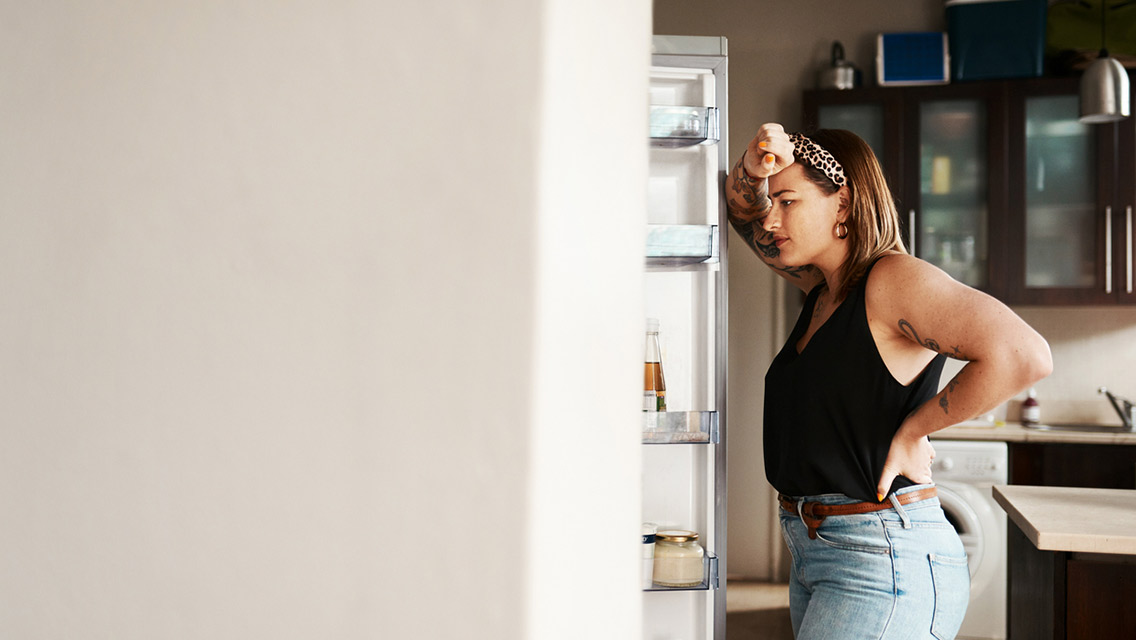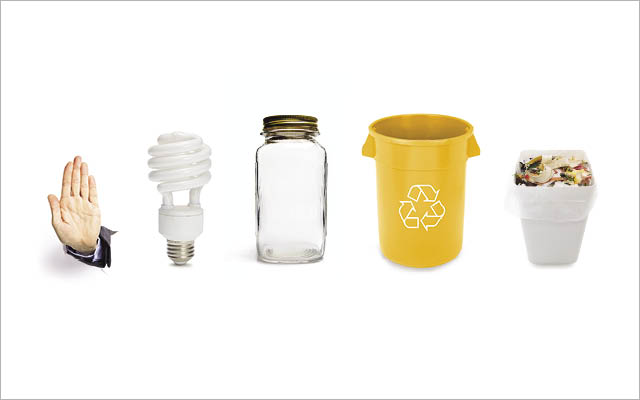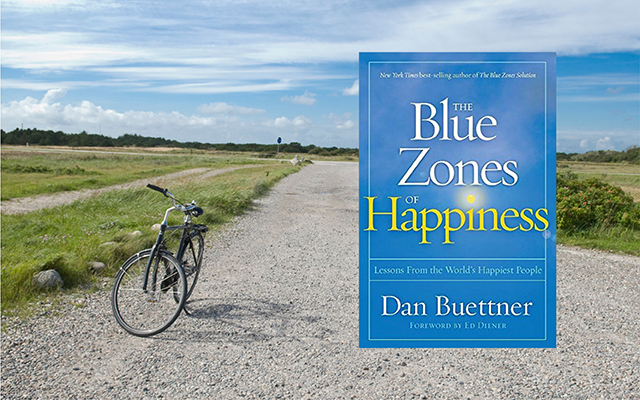When Eva Emerson accepted a job offer in Washington, D.C., and prepared to relocate from Los Angeles, she decided to give up her car. She knew D.C. had better public transit and she wouldn’t be driving it every day. But, frankly, she didn’t want to deal with the gas, insurance and maintenance costs anymore.
The Los Angeles native had relied on her car for a decade, so she was as surprised as anyone when the only thing she found herself missing was her drive-time dose of National Public Radio. What surprised her even more were the unanticipated benefits of being carless. “My apartment is just a few blocks from the Metro,” she says. “But some days I’ll walk to work or walk home. It takes 40 minutes, and it’s a really nice walk. I get some exercise, I get to unwind after my day, and I get to know the city. Not to mention the fact that it definitely saves me money.”
Most of us are feeling some pain in our wallets these days. And, like Emerson, many Americans are rethinking the choices they make as they navigate this perilous economic terrain. Yet, while lean times bring with them very real, and not always pleasant, limitations, they also can offer new opportunities. In difficult times, we’re prodded to more carefully parse our values, make more discerning choices and broaden our perspective. And that can yield unexpected — and profoundly positive — benefits for our personal health and the health of the planet.
Hidden Opportunities
“My parents went through difficult financial times when I was growing up,” says Steven Gdula, author of The Warmest Room in the House: How the Kitchen Became the Heart of the 20th Century American Home. At first, says Gdula, “I remember thinking that it was humbling, almost humiliating for them.” But he also recalls how his parents (one Slovak, one Hungarian) relied on the whole foods and simple ingredients of their traditional ethnic cuisines, used and preserved local produce, and shared recipes and food with their neighbors. His feelings of embarrassment faded as he began to appreciate the simple goodness and community spirit those hard times produced.
“We ate fresh vegetables from our backyard garden in the summer, and my mother canned food and kept it on the shelf for the winter,” says Gdula. “And people tend to be more generous during difficult times. They shared with their neighbors, swapping recipes, swapping things from their gardens.” Once-coveted yet nutritionally bankrupt packaged foods gave way to much simpler and more fulfilling — both bodily and spiritually — meals.
Choosing to eat out less often and cook more at home, cutting back on meat consumption, or cycling to work can help us improve our health and drop unwanted weight. Similar positive health effects can result from the decision to quit or cut back on expensive habits like smoking, or to cancel high-end cable packages and take on active pastimes instead.
Reducing our consumption “also leads to a greater sense of balance and quality of life overall,” says Lisa Wise, executive director of the Center for the New American Dream. “Instead of being on the ‘work-and-spend’ treadmill, we have an opportunity to get more of what really matters in life.”
The Underside of Affluence
Ironically, many aspects of American affluence, and the consumption it affords, have made it more difficult for us to enjoy an enriched and happy existence. We’ve had ample opportunity to eat to excess, buy machines to do work that would otherwise exercise our bodies (cars, riding lawnmowers, even garage-door openers), and consume entertainment that robs us of time spent with family and neighbors.
University of Southern California economist Richard Easterlin, PhD, has studied individual well-being and concluded that income plays much less of a role than health, education and marital status. It’s not only possible to make do with less, in other words, but there’s no reason these changes can’t improve our lives and help us establish good habits that we can preserve when we find ourselves with more money in the bank.
Dan Buettner, author of The Blue Zones: Lessons for Living Longer From the People Who’ve Lived the Longest, concurs. For the most part, he says, the world’s longest-lived people are on the lower end of the economic scale.
“The only long-term way for people to improve their physical health is through changing their environment,” Buettner says. “By buying a bicycle, getting rid of power tools, mowing your own lawn. All of these things save you money, but they also have an enormous overall impact to your health.”
In this way, affluence isn’t necessarily the clear road to health and happiness that we’ve been led to believe. And while reducing our consumption has often been presented as a moral endeavor, perhaps it also can be seen as a way to vivify our lives.
“American affluence corresponded with a skyrocketing of chronic diseases,” Buettner says, noting that the key change we can all make is “simplifying your home life and your community life.” Even simplifying your food is to your advantage: People with the longest life expectancy tend to eat locally grown whole foods.
Ask new D.C. resident Emerson to weigh how much she misses the independence her car once granted her, and she’ll glowingly describe her new handcart and how easy it is to bring groceries home from the store on foot. “Oh, no,” she says. “I haven’t missed it.”
Simple eating, more exercise, more connection and time spent in one another’s company: It turns out that many of life’s most beneficial activities are also the least expensive. And no one has ever gone broke pursuing them.
Invest in What Matters
Here’s a guide to investing in what matters most when the economy is faltering and money is tight.
- Don’t Scrimp on the Essentials: It’s wise to keep up preventive dental and health care even when times are lean. Preventive care helps head off big health crises that can really break the bank. Make practical, crisis-prevention decisions in other areas, too: Think about letting go of your second car, but don’t wait on getting that leaky roof repaired.
- Quality Trumps Quantity: Buy simple, whole and filling foods instead of large quantities of cheap, processed items. A bag of produce from the farmers’ market keeps your family healthier than a hatchback full of processed food from the discount megastore.
- Do It Yourself: Cook at home rather than buy expensive takeout. Mow your own lawn and shovel your own sidewalk and driveway. Create inexpensive handmade gifts rather than buy pricey baubles for the people you care about.
- Multitask: Look for efficient things that accomplish more than one goal at once. Cycle to work to save money and get fit. Read library books to your kids instead of watching expensive cable TV.
This article originally appeared as “Get By, Get Better” in the October 2009 issue of Experience Life.




This Post Has 0 Comments